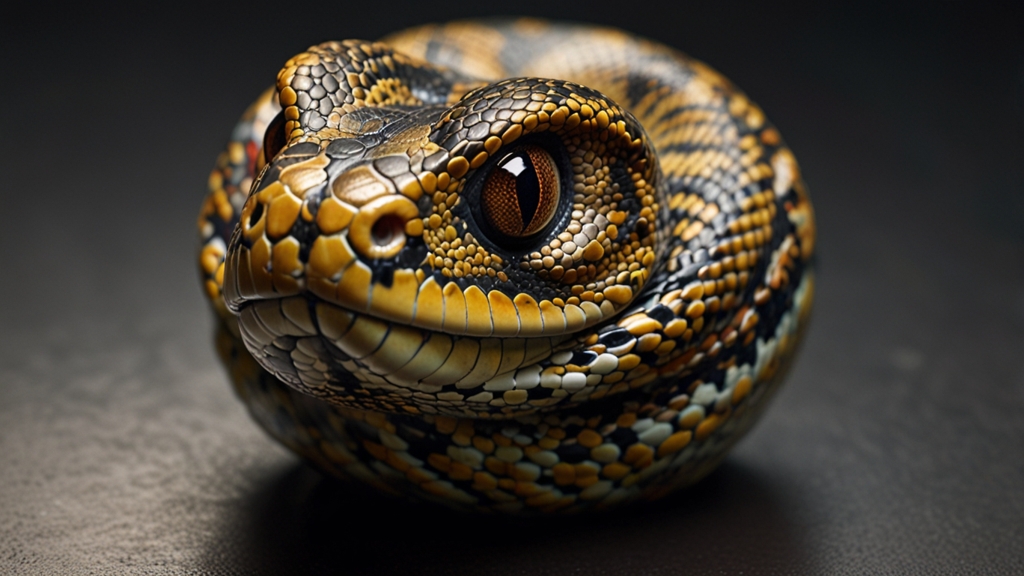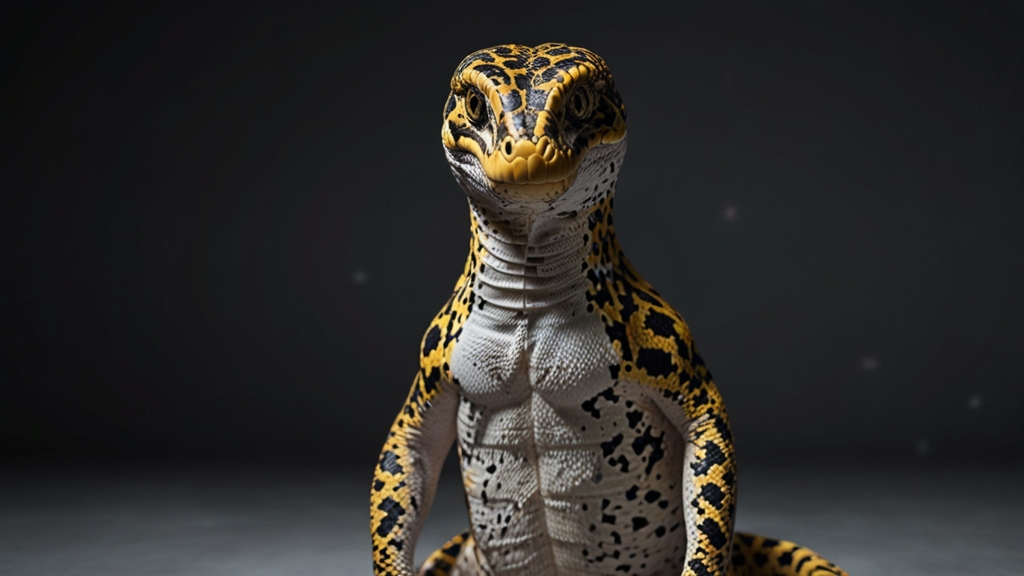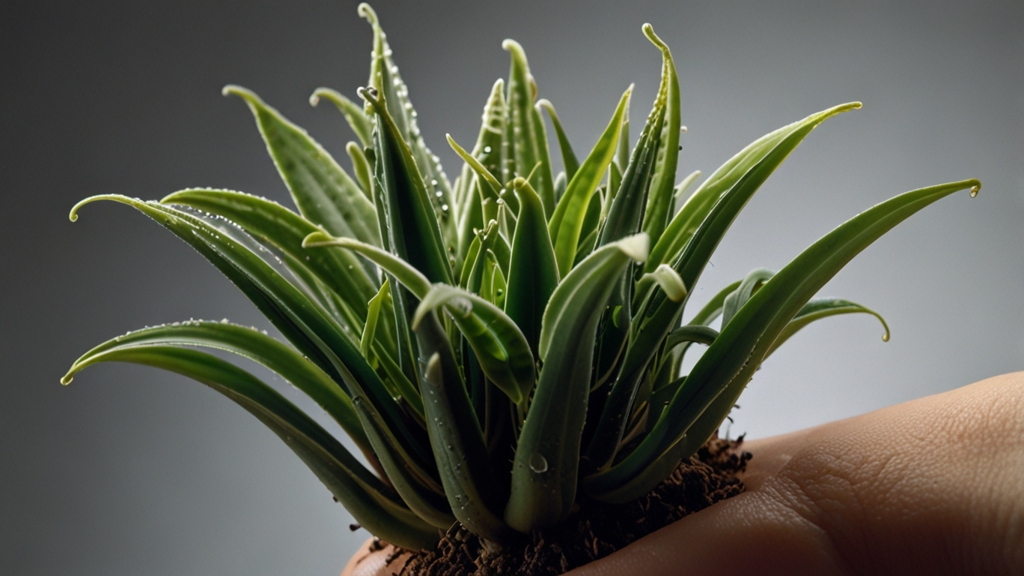The Impact of Climate Change on the Animal Kingdom
Climate change is one of the most pressing issues of our time, and its effects are being felt across the planet. Among the most affected by these changes are the countless species that constitute the animal kingdom. From melting ice caps to rising sea levels, the changes in our environment are having profound and often devastating impacts on wildlife.
Changing Habitats
One of the most immediate and observable impacts of climate change is the alteration of natural habitats. As temperatures rise, many species are finding their traditional homes increasingly inhospitable. This is particularly evident in polar regions, where warming has led to the melting of ice caps and glaciers, drastically diminishing the habitat for polar bears, seals, and other Arctic species.
"The Arctic is now experiencing some of the most rapidly changing conditions on Earth, leading to substantial losses in sea ice and profound impacts on the region's biodiversity." - National Oceanic and Atmospheric Administration (NOAA)
Similarly, coral reefs, which house a staggering array of marine life, are suffering from ocean acidification and warming waters. This results in coral bleaching, where corals expel the algae living in their tissues, causing them to turn white and often leading to their death. The loss of coral reefs destroys not only the primary structure of these ecosystems but also the rich diversity of species that depend on them.
Food Chain Disruptions
Climate change is also leading to significant disruptions in the food chain. As species are forced to migrate to new areas, they can either find a lack of suitable food sources or overpopulate a new area, causing imbalances in local ecosystems. For example, marine species are migrating to colder waters, creating new predator-prey interactions and straining the resources of existing communities.
Additionally, changes in flowering and migration periods due to shifting seasonal patterns have led to mismatches in the timing of food availability. Renowned ecologist Camille Parmesan explains:
"The synchronization between species, such as insects and the plants they pollinate or predators and their prey, is being distorted, leading to declines in population and biodiversity." - Camille Parmesan, University of Texas at Austin
Increased Frequency of Extreme Weather Events
Another critical factor in the impact of climate change on the animal kingdom is the increased frequency and severity of extreme weather events. Hurricanes, floods, and wildfires are becoming more common and more destructive. These events can decimate populations and destroy critical habitats in a matter of days or even hours.
For instance, wildfires in Australia have had catastrophic effects on the local fauna. Koalas, kangaroos, and countless smaller species have faced unprecedented loss of habitat and life due to these intense fires. The long-term recovery of these ecosystems, if possible at all, will take decades.
Adaptation and Survival
Despite the daunting challenges posed by climate change, some species are showing remarkable resilience. Adaptation mechanisms, such as altering migration patterns, adjusting breeding cycles, and changing dietary habits, are emerging. However, these adaptations often come with their own set of challenges and are not sufficient to protect all species.
Conservation efforts are becoming increasingly essential to support these natural adaptations. Protected areas, wildlife corridors, and innovative conservation techniques are critical in providing safe havens for affected species. Scientists and conservationists are also exploring more direct interventions, such as assisted migration and genetic rescue, to help maintain biodiversity.
"Our ability to mitigate the impacts of climate change on wildlife hinges on proactive conservation strategies and reducing greenhouse gas emissions." - Jane Goodall, Primatologist
Conclusion
The impact of climate change on the animal kingdom is profound and multifaceted. As habitats change, food chains are disrupted, extreme weather events increase, and adaptation struggles persist, the future of many species hangs in the balance. While some animals are showing remarkable resilience, the long-term survival of countless species depends on urgent and sustained conservation efforts. Only through global cooperation and innovative strategies can we hope to mitigate these impacts and preserve the incredible diversity of life on our planet.








